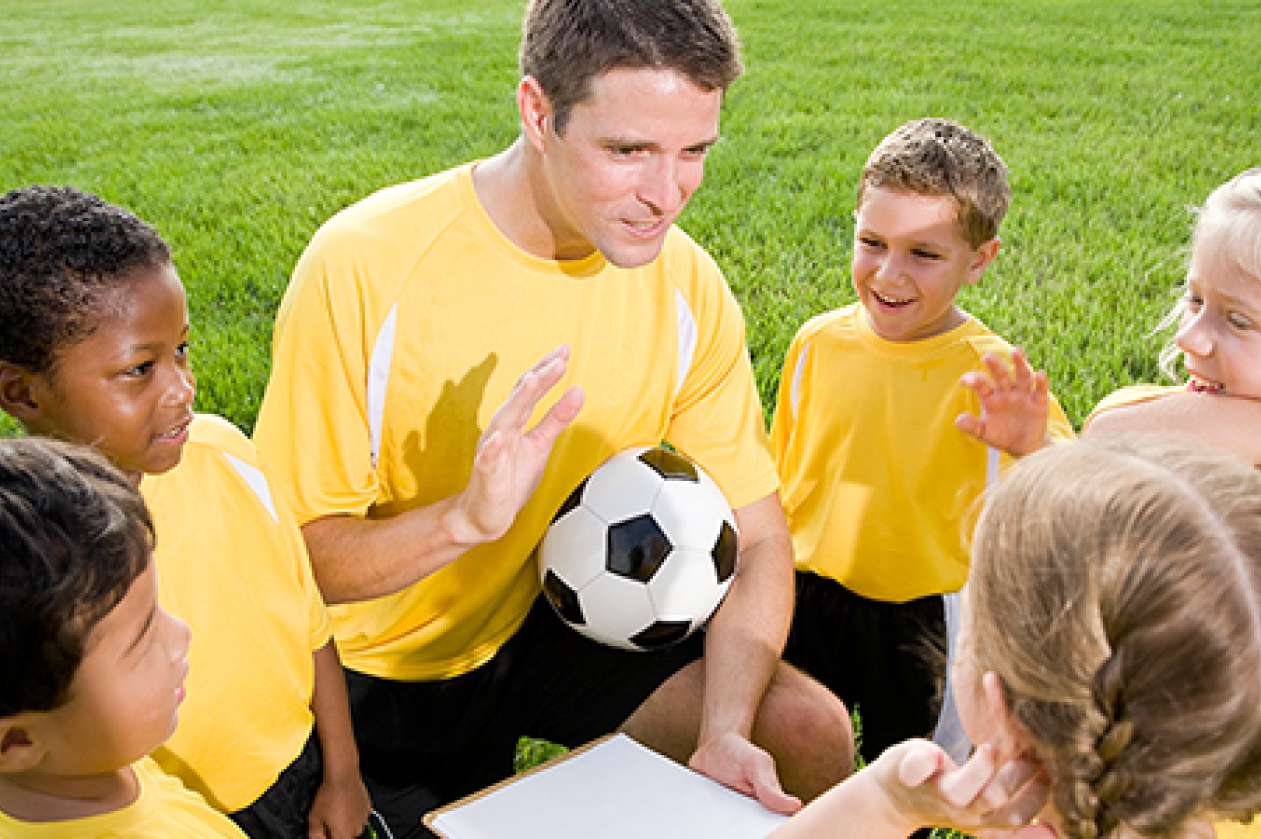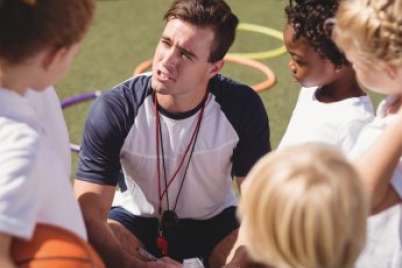
4 steps to becoming a role model coach
As a community coach, you might feel frustrated when the children in your charge appear to ignore you. That’s just kids being kids. In reality, they watch and listen more than you realize.
And for better or worse, they frequently start to imitate you over the course of time.
In truth, when you become a community coach for kids, you become a role model. Part Don Cherry, part Dalai Lama. You may believe that you are simply coaching to develop young athletes, but you are also shaping the attitudes and beliefs of the citizens of tomorrow.
What do your actions and words tell the kids about sportsmanship? Your regard for the rules of the game? Your respect for officials and spectators? Your integrity as a human being in the larger arena of life?
Here are some things to consider before you step onto the field or into the arena.
1. Decide what you value
Before you start the new season, decide what sport means to you and what it has to teach kids about the world, themselves, and their relationships with others. Many of the lessons and behaviors that they learn in the sporting arena will influence their conduct in the larger world.
2. Adopt codes of conduct
Set the right tone from the start of the season by adopting written codes of conduct for players, parents, and coaches. Convene a team meeting with parents and players and discuss expectations around conduct. (Depending on the age of the kids and the general team dynamic, you might want to have one meeting with parents and another with players.) Give each player and each parent a copy of their respective code of conduct, ask them to review it and sign it, and then collect them for your files. Send them home with additional paper copies or circulate copies of the codes by email so everyone has them for reference. Review your own “coach code of conduct” with them so they know what to expect from you.
Tip: The provincial association for your sport probably has codes of conduct available on their website. If they don’t, it’s easy to search different player, parent, and coach codes of conduct online. You might want to revise or combine different codes to get the right fit for your athletes and your sport. These codes from BC Athletics provide a good starting point.
3. Walk the talk
As the season progresses, make your words and actions consistent with your stated values and your own code of conduct. Make sure that you and any additional coaching staff are not just giving lip service to the code. Remember, the kids are watching you, and they are going to imitate you. Be a model of integrity, not hypocrisy.
4. Evaluate and improve
Following each practice and game, and throughout the season, reflect on your behavior and speech around the kids that day. Were you gossiping about players or parents? Being loud and obnoxious? Disrespectful towards opponents? Forgive yourself, but commit to getting better.
Being a role model coach carries big responsibilities, and it can be a heavy mantle. But it’s a great chance to grow as an individual and to help others to grow as well.





